Greece: The new ubiquity of recycling units

Πηγή Φωτογραφίας: Unisan UK- RealShop.gr
The amendments to the current National Waste Management Plan, which was approved two years ago, were put up for public consultation until October 21 by the Ministry of Environment and Energy. According to the General Secretary of Waste Management Coordination, Mr. Manolis Grafakos, the modification of the plan was deemed necessary, in order to adapt to the new developments of the circular economy as well as to the recent changes in the financing criteria of waste management infrastructures, in order to ensure the financing of infrastructure from NSRF 2021 – 2027.
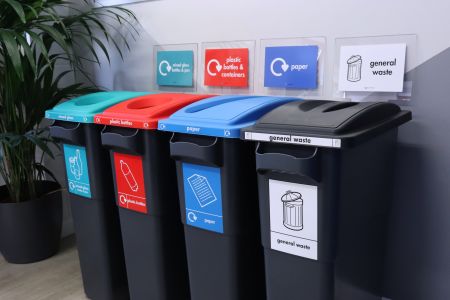
The amendments make construction of recyclable sorting units mandatory in all new waste management facilities. Thus, one of the most important changes brought by the new amendment concerns the Recycling and Recovery Units. These are the units in which undertake the mechanical sorting of the separately collected recyclable materials and biological treatment of the separately collected organic waste is carried out either by aerobic process or by anaerobic digestion. The Recycling and Recovery Units will also receive residual amounts of Municipal Solid Waste (MSW) which will be subject to mechanical and biological treatment.
Also, a provision is added to the National Waste Management Plan for the preparation and adoption of a national strategy for textile products. It will be aligned with the EU Strategy for Sustainable and Circular Textiles (COM 2022 – 141 final/30.03.2022), which sets out specific actions to ensure that, by 2030, textile products placed on the EU market are long-life, recyclable, made from as much recycled fiber as possible and free of hazardous substances, and that they will be produced with respect for social rights and the environment.
In the foreground of the national planning comes the energy utilization of garbage. In particular, the existing National Waste Management Plan proposes the installation of Energy Recovery Units, in which energy can be recovered by thermal treatment of the residues resulting from the Waste Treatment Unit and Recycling Recovery Unit or of alternative fuels for drastic minimization of the final residue to landfill (necessary to achieve the landfill target of below 10% by 2030);
It is now proposed on a transitional basis, until the completion of the entire network of Waste Treatment Units/Recycling Recovery Units in a Region (prescribed in the relevant Regional Waste Management Plan), that the heat treatment of residual mixed solid waste is allowed in the energy utilization units inside or outside the Region. However, it is noteworthy that the Commission has made it clear that any “energy recovery” methods should only be done on the residue, thus favoring recycling.
The role of private individuals
A provision has been added to the proposed amendments that will allow the creation of energy utilization units with a business initiative, until the planned infrastructures are built and operational. Planning today focuses on the possibility of inter-regional cooperation for the development or utilization of the network of basic waste treatment and disposal infrastructures, as long as conditions favor or require it. This cooperation is the responsibility of regional planning, the Solid Waste Management Agencies, but it can also be done at the initiative of the Ministry of the Environment, if deemed necessary.
Regarding the Energy Utilization Units, the Ministry of the Environment will be responsible for deciding on the number of units, the service areas per unit and their location. However, it is now clarified that the creation of energy utilization units will be able to proceed through private initiative.
The proposed amendments to the National Waste Management Plan also include the prospect of diverting 2,624,443 tons of biodegradable municipal waste from landfills by 2025. The aim is to reduce the biodegradable municipal waste sent to landfills to 35% by weight, compared to 1997 production levels, in application of Community legislation. For the calculation, it was taken into account that the production of biodegradable municipal waste in Greece constitutes 66.8% of the total municipal waste production (Organic: 42.6% and paper – cardboard: 24.2%).
Διαβάστε όλες τις τελευταίες Ειδήσεις από την Ελλάδα και τον Κόσμο









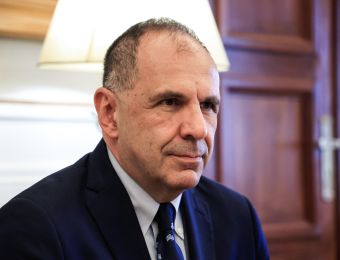
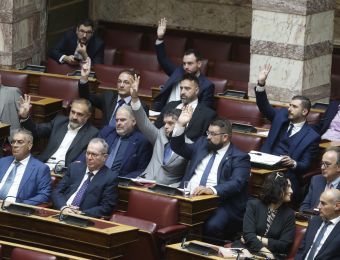




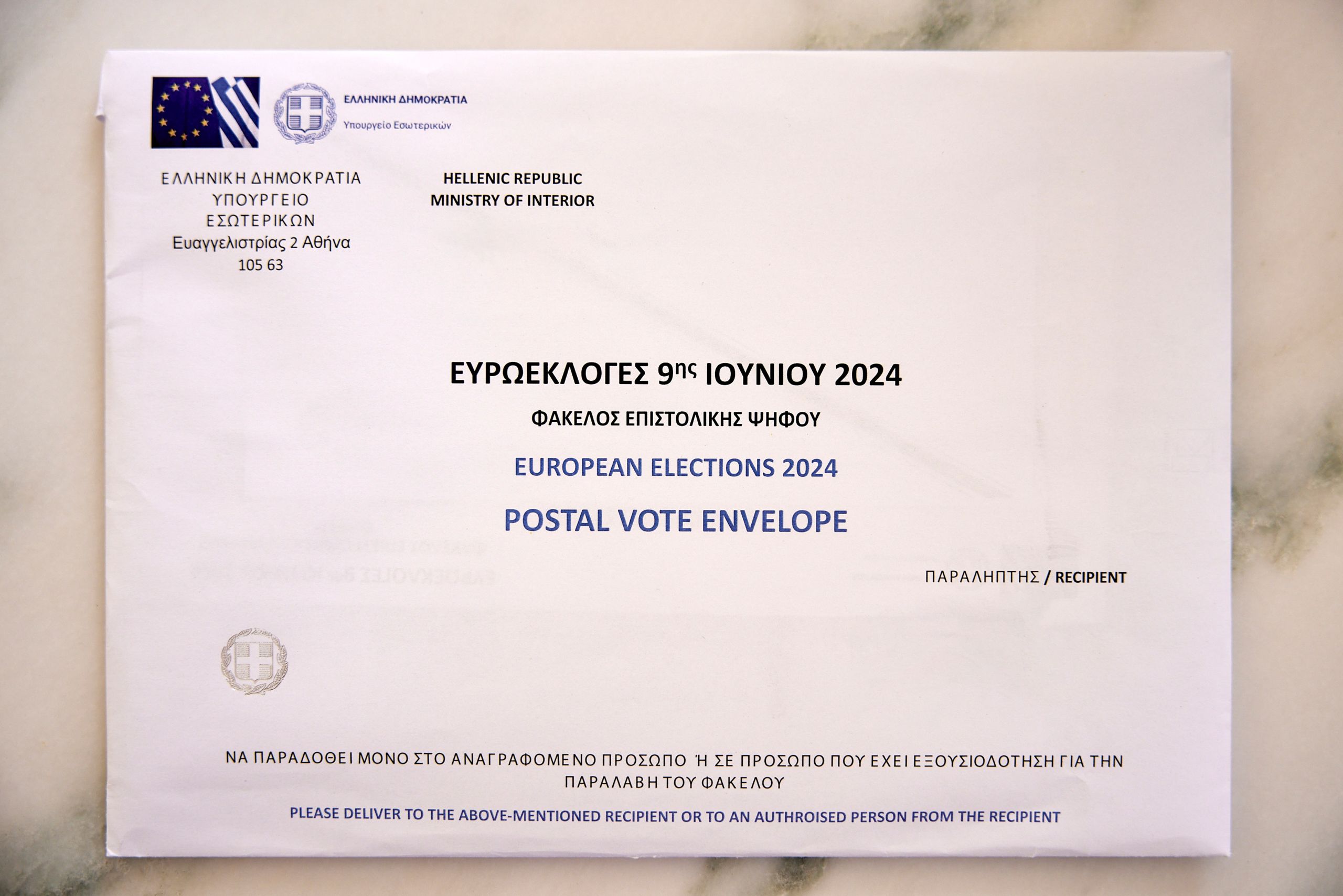





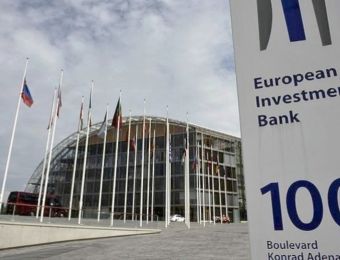




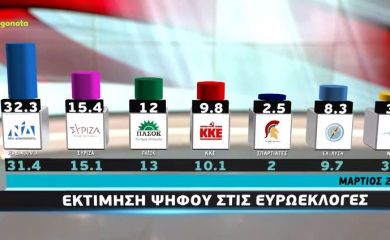


Το σχόλιο σας